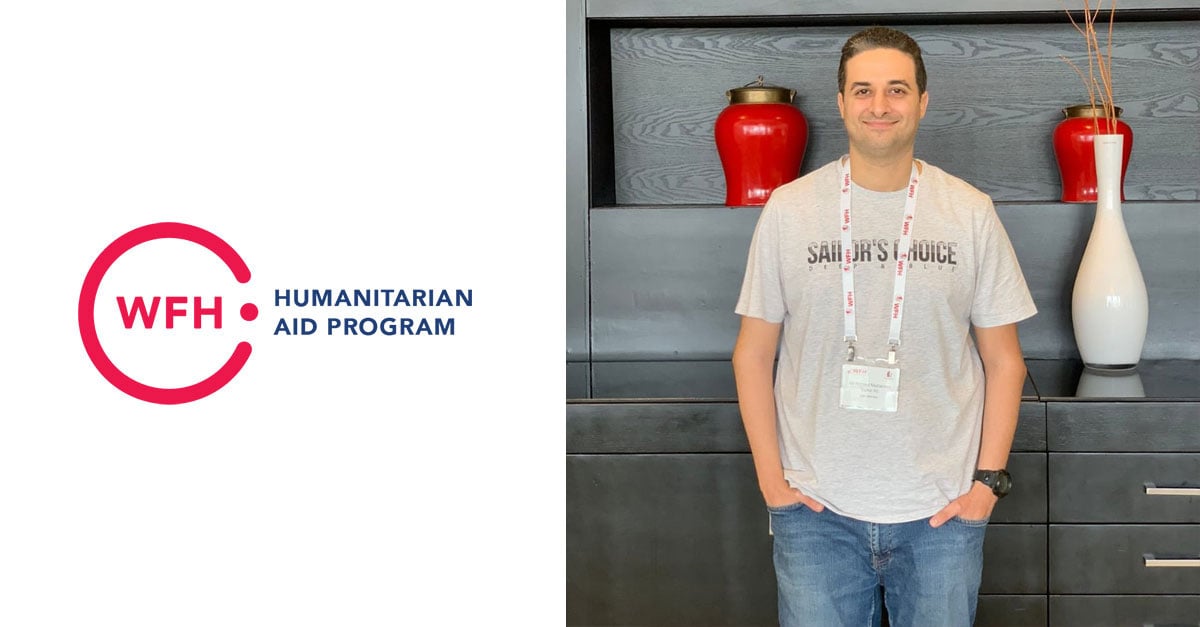Next month, we will be publishing an article on the work that the WFH has done in Egypt over the last two decades, including the recent signing of a memorandum of understanding (MOU). Today, we hear from Ahmed Samir, a 36-year-old man with severe hemophilia A who has benefitted from WFH Humanitarian Aid Program support. His letter has been edited for clarity.
Hello WFH,
My name is Ahmed Samir. Almost all my life, I have had difficulty managing my bleeding episodes. These challenges have led major problems, including a knee joint that need to be replaced.
I was able to overcome the problem thanks to the help of the World federation of Hemophilia, the WFH Humanitarian Aid Program, and the Egyptian Hemophilia Society. After 17 years of suffering, I was able to have a successful joint replacement in 2022 with a bleeding rate like any normal person. This would have been impossible without the help of the WFH.
I would like to thank WFH for the continuous support and care for all bleeding disorders community.
March 2024
Ahmed Samir
The WFH Humanitarian Aid Program has been active in Egypt for over a decade, with 94.6 million IUs of factor donated to the country since 2015. Just last year, 25.6 million IUs of factor were donated to Egypt. To find out more about the WFH Humanitarian Aid Program please click here.
About the WFH Humanitarian Aid Program
The WFH Humanitarian Aid Program improves the lack of access to care and treatment by providing much-needed support for people with inherited bleeding disorders in developing countries. By providing patients with a more predictable and sustainable flow of humanitarian aid donations, the WFH Humanitarian Aid Program makes it possible for patients to receive consistent and reliable access to treatment and care. None of this would be possible without the generous support of Sanofi and Sobi, our Founding Visionary Contributors; Bayer, CSL Behring and Roche, our Visionary Contributors; Grifols, our Leadership Contributor; and Takeda and Japan Blood Products Organization, our Contributors. To learn more about the WFH Humanitarian Aid Program, visit www.treatmentforall.org.













